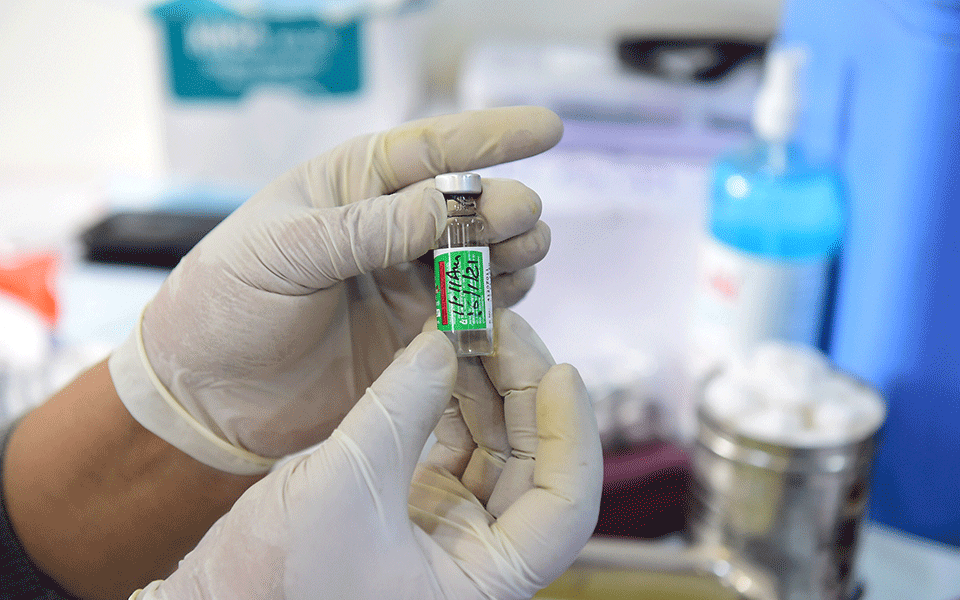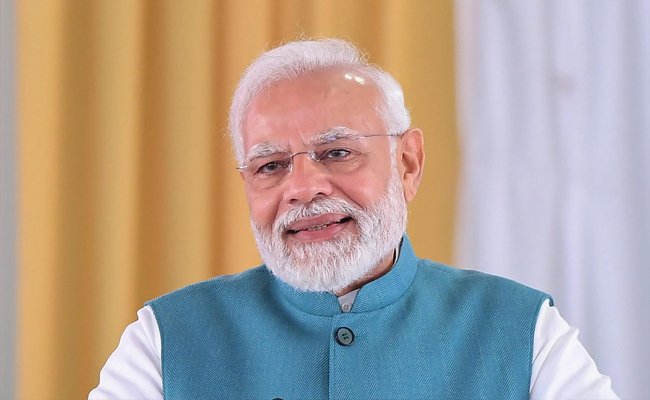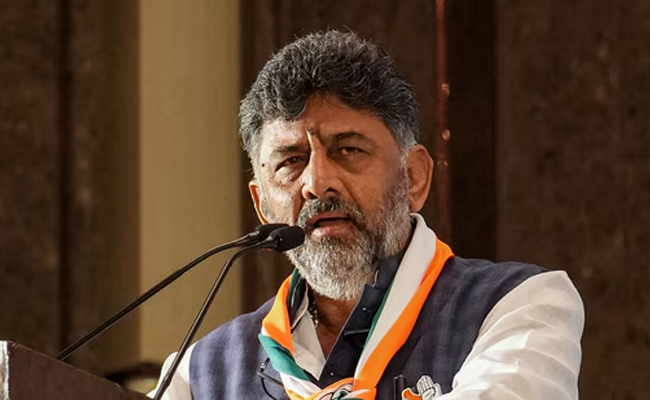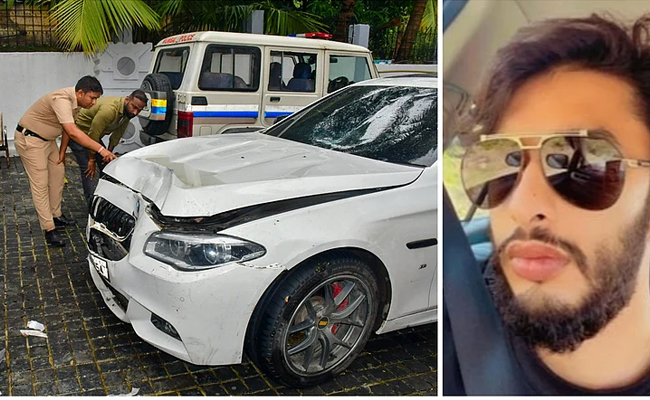New Delhi: All those aged above 18 can register themselves on the CoWIN portal or using the Aarogya Setu app to get vaccinated against COVID-19 starting 4 pm on Wednesday, the Union Health Ministry said as the government gears up to launch the third phase of vaccination drive from 1 May.
"Registration for the newly eligible category for COVID-19 vaccination opens today at 4 pm on cowin.gov.in and Aarogya Setu app," the ministry tweeted.
After registration, taking an appointment to get a COVID-19 vaccine jab would be mandatory for those aged between 18 and 44 years as walk-ins will not be allowed initially, officials had said.
Those above 45 years can still avail the facility of on-site registration to get vaccinated, they said.
As India witnesses a surge in coronavirus cases, it has decided to allow everyone above 18 years of age to get vaccinated from May 1.
"An increased demand is expected once the vaccination is opened for all. For the purpose of crowd control, registering on CoWIN portal and making an appointment to get a vaccine will be mandatory for those aged between 18 and 45 years. Walks-in will not be allowed in the beginning so that there is no chaos," an official had said.
The inoculation process and documents to be provided to get the jab remains the same.
"Registration of citizens in 18-44 age group will start with only online registration on COWIN from April 28 onwards," the ministry had said.
Also, from May 1, the types of anti-coronavirus vaccine and their prices will be displayed on the CoWIN portal for citizens to make an informed choice at the time of booking an appointment at a private vaccination centre.
While those aged 18 to 44 years will be eligible to receive vaccination on payment from any of the private COVID vaccination centres (CVCs), citizens below 45 years shall also be eligible to receive a jab from a government CVC in a state or Union Territory which decides to lower the minimum cut off age for eligibility.
As provided in the Liberalised Pricing and Accelerated National COVID-19 Vaccination Strategy document, all priority groups, such as healthcare workers, frontline workers and citizens above aged 45 years or more (as on 01.01.2022), shall continue to be eligible for vaccination free of cost from government CVCs, or on payment from private CVCS.
Let the Truth be known. If you read VB and like VB, please be a VB Supporter and Help us deliver the Truth to one and all.
Gorakhpur (PTI): A hospital employee was booked for allegedly sexually assaulting a woman in the pretext of an ultrasound test here in the district women's hospital, police said on Saturday.
According to the complaint, the woman, a resident of the Gulriha area, visited the district women's hospital on Thursday morning for an ultrasound test.
She was directed to a room, where Abhimanyu Gupta was conducting ultrasounds. When her turn came, the accused allegedly stared at her and told her to remove all her clothes, claiming it was necessary for the test and that a massage would also be required, she said.
ALSO READ: UP: Girl kidnapped, raped multiple times over 25 days; accused held
The woman alleged that once she complied, the accused began making obscene advances and tried to force himself on her. When she screamed, he allegedly gagged her, abused her and threatened to kill her before pushing her out of the room.
She said her complaints within the hospital went unheard, forcing her to approach the police.
Taking cognisance of the complaint, the hospital administration constituted a three-member inquiry committee, officials said.
Senior consultant (paediatrics) Dr Jay Kumar said, "The woman has levelled serious allegations against a staff member. Senior officials have been informed, and a departmental inquiry is underway. Strict action will be taken if the charges are proved."
Kotwali Station House Officer Chatrapal Singh said a case has been registered, and efforts are on to nab the accused.





